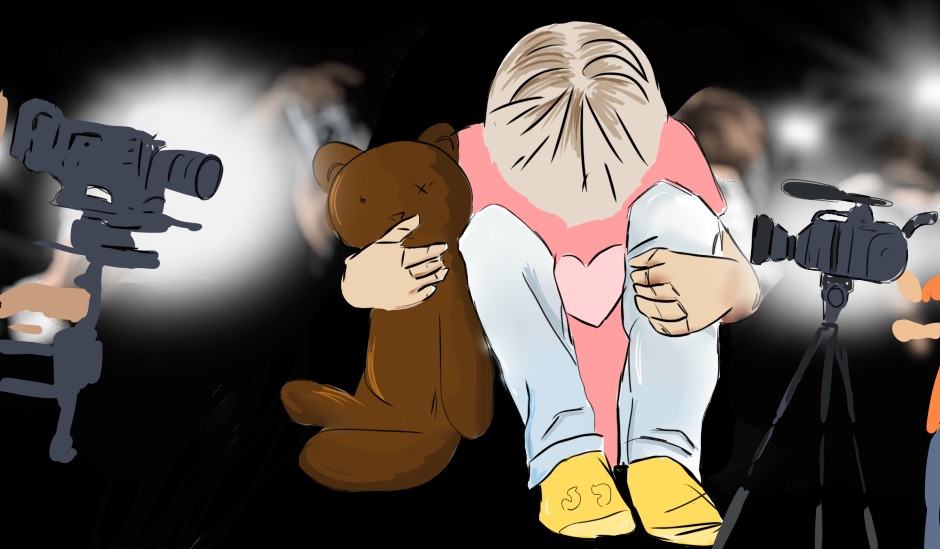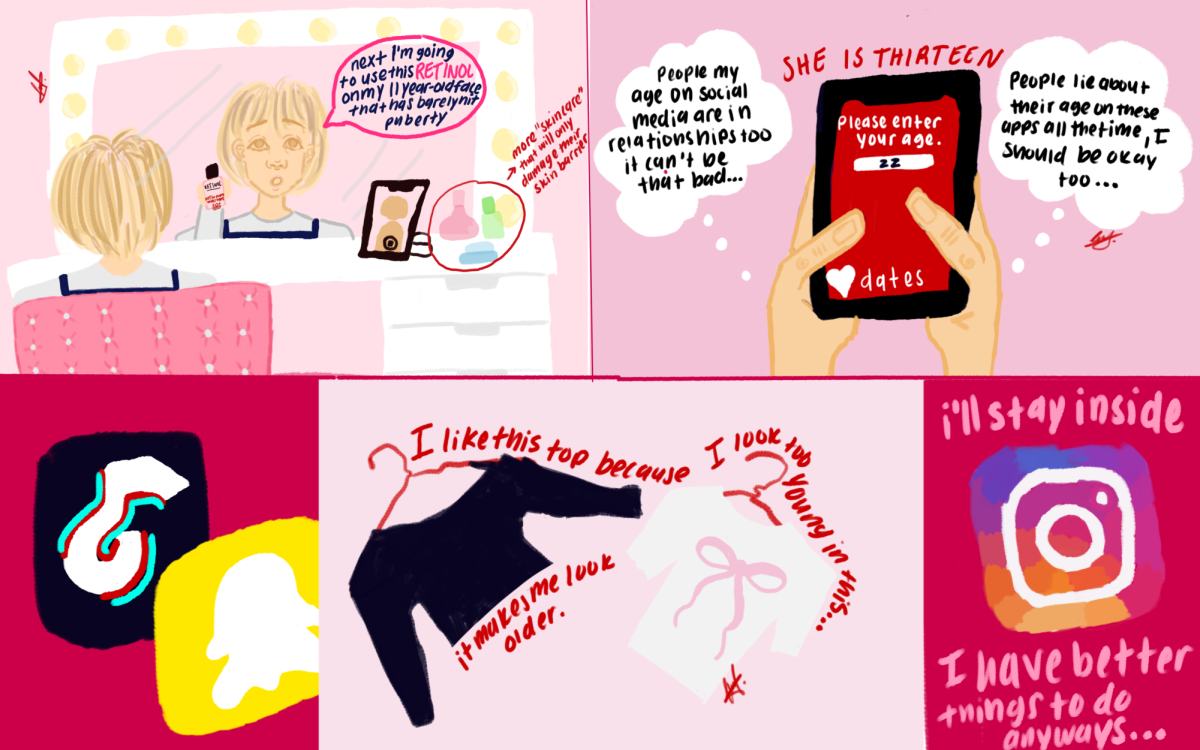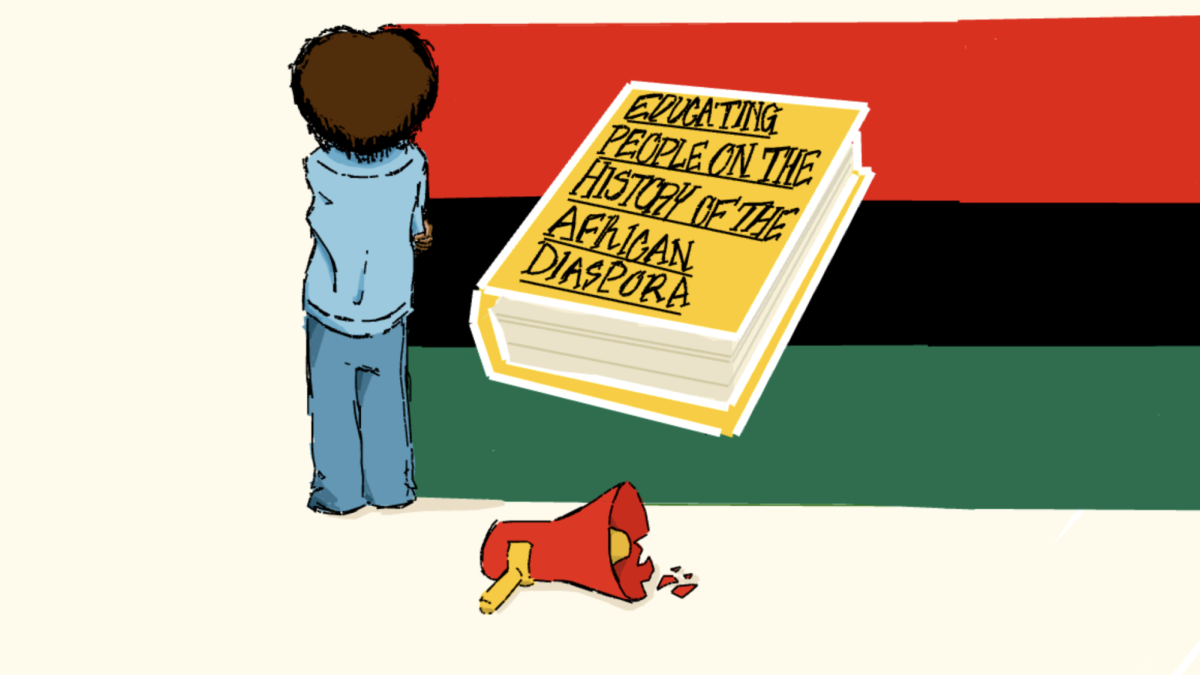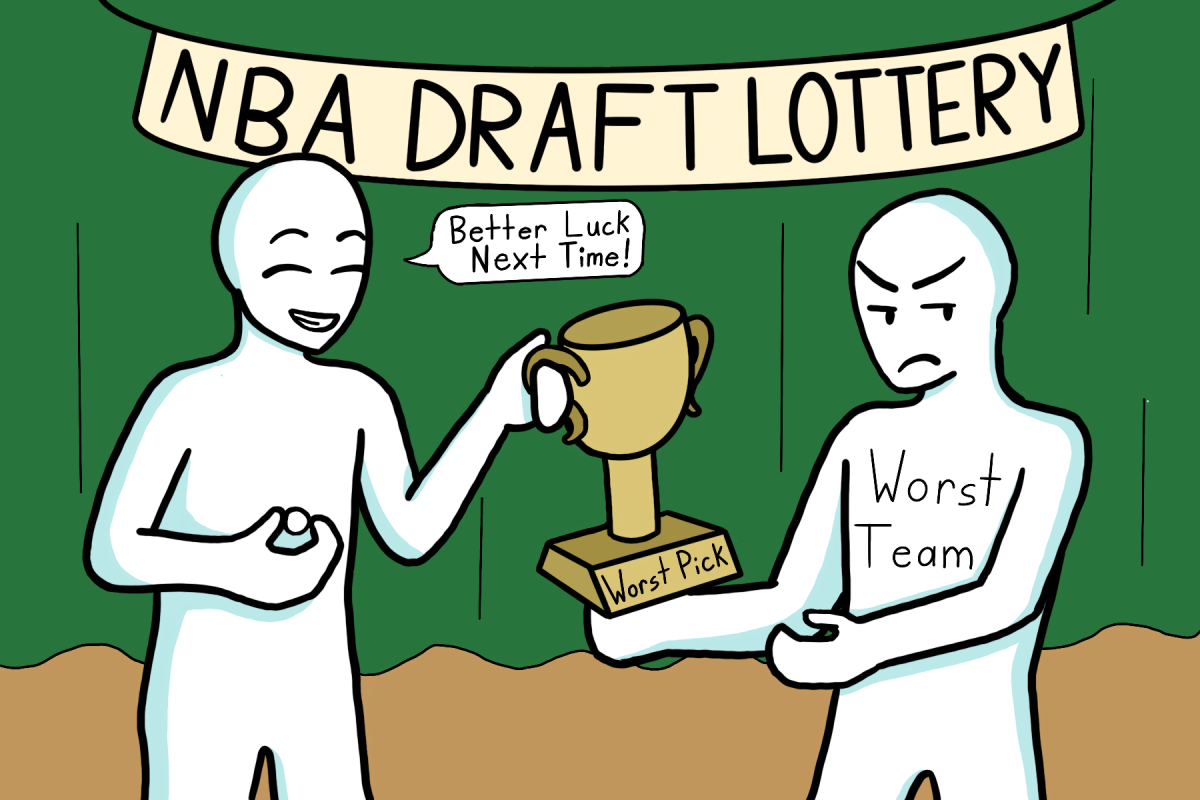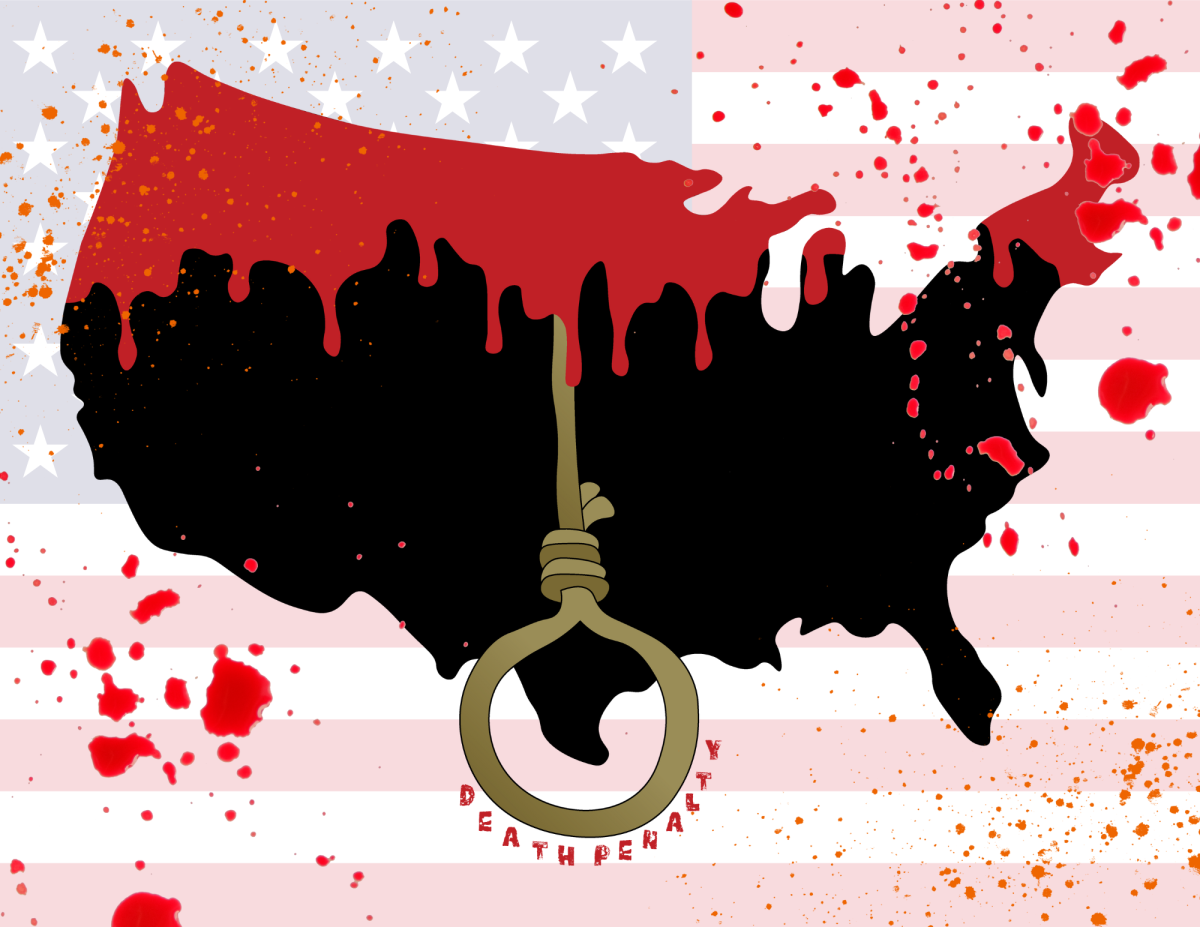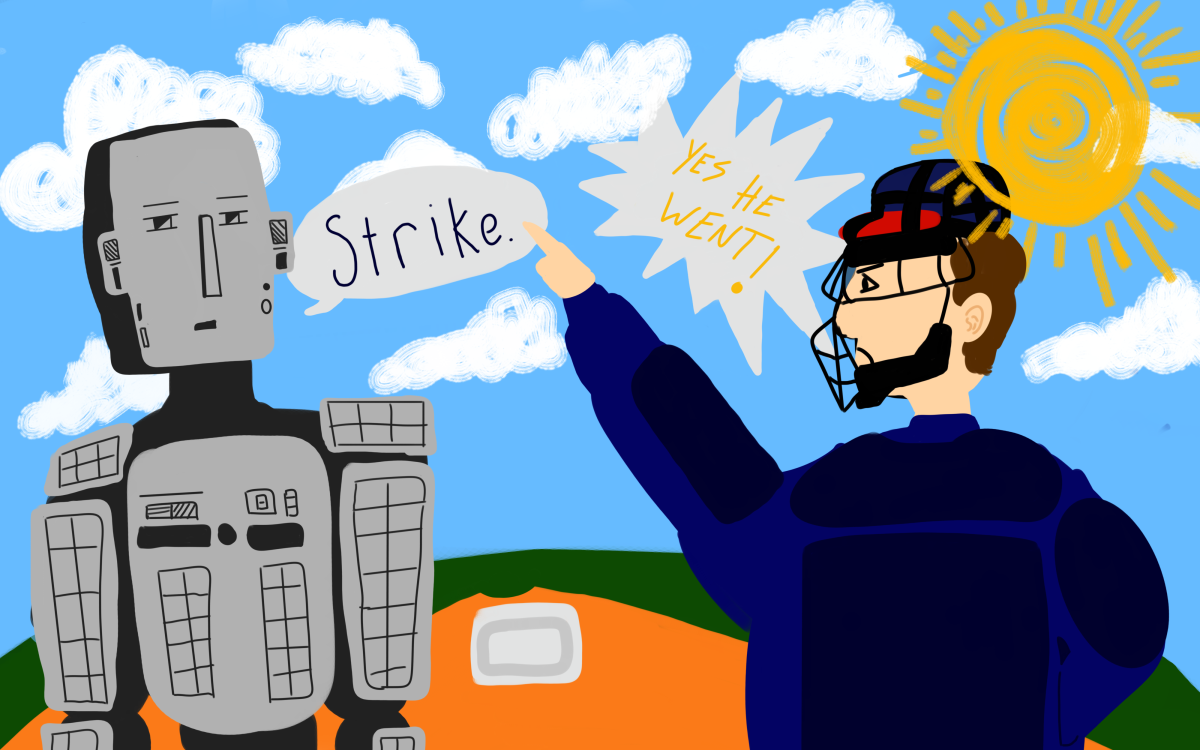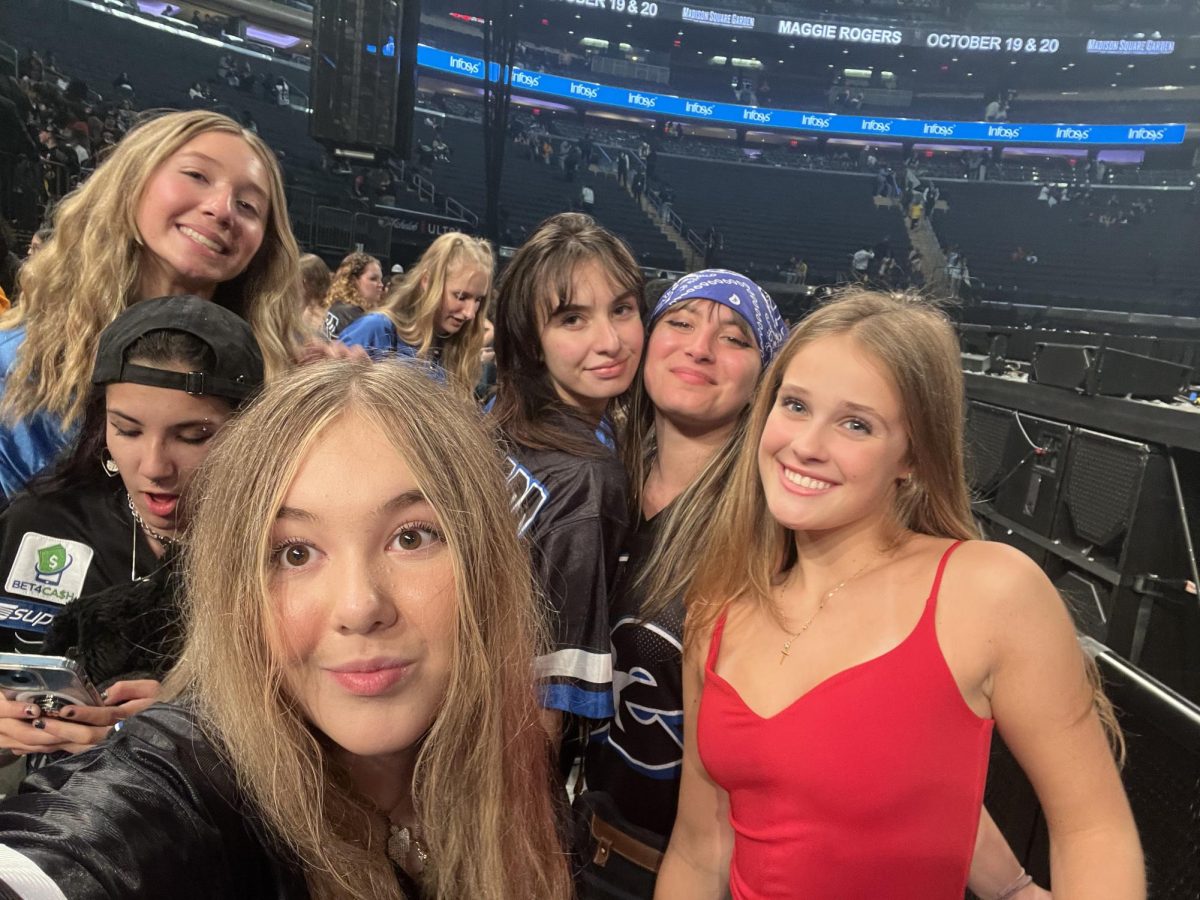More and more child stars have been speaking out about their dark experiences in Hollywood. From Jeanette McCurdy’s recount of abuse in her novel “I’m Glad My Mom Died” to Drake Bell’s account of his experience with pedophilia in the documentary “Quiet on the Set,” the atrocities present in the film industry for child stars are being unveiled. Hollywood is a dangerous place for children, and they should not be a part of it.
The concept of the child celebrity performer first came into the Western world in the 18-19th centuries with child prodigies like Mozart and Beethoven. In the Victorian era, there was the infant phenomenon, in which kids would showcase their talents or gifts in Victorian theaters or American traveling carnivals.
Tragically, child stars have been psychologically harassed, physically abused and sexually exploited throughout the course of history. Child abuse is especially prevalent in the film industry because child labor protection laws were not in place until the 1930s. California’s Child Actor’s Bill requires 15% of all minors’ earnings to be set aside in a blocked trust account commonly known as a Coogan Account. This bill, called the “Coogan Law,” was only signed into law in 1939.
The Fair Labor Standards Act (FLSA) exempts child performers from its age restrictions for working hours. It leaves it up to states to regulate the treatment, experiences and protections surrounding child performers. Seventeen U.S. states currently do not regulate child actor labor at all.
The lack of protection for children in the acting industry poses dangerous threats. Worst of all, children do not have the knowledge to understand that they are being abused or taken advantage of.
One of the worst ways children are taken advantage of in the film industry is by sexual predators. Many pedophiles are involved in the production of children’s television shows and movies. Since they are in positions of power, it is easy for them to get away with abusing young actors.
Dan Schneider, the former producer and screenwriter for Nickelodeon, has been accused of sexualizing children. He often placed child actors in uncomfortable scenarios and made them do completely inappropriate jokes. He was strangely close to young girls on set and would frequently ask them for massages as well.
One instance of this is the case of Amanda Bynes, a former child actress for Nickelodeon shows “All That” and “The Amanda Show.” She grew close to Schneider on set, pitching ideas and writing with him. According to Karyn Finley Thompson, an editor on “All That” and “The Amanda Show,” Schneider also had a close physical relationship with Bynes and often hugged her or received neck massages from her. Thompson also mentioned that he appeared in a jacuzzi with Bynes in a segment of “The Amanda Show.”
Drake Bell, who played Drake on the Nickelodeon show “Drake & Josh,” is another example. In the HBO Max documentary “Quiet on the Set,” Bell spoke out about the sexual abuse he experienced at the hands of his acting coach Brian Peck. Peck integrated himself into Bell’s life and sexually abused him for months until he was arrested in August 2003.
Bell and Bynes’ cases are not the exception. The film industry has a history of child sexual abuse with actors such as Judy Garland, Shirley Temple and Corey Haim being just a few of the many victims. Children deserve better environments to grow up in than that of the dangerous film industry.
Corey Feldman, known for his role in “The Goonies,” spoke out about his experience with pedophilia as a child star on the View and was quickly shut down by co-host Barbara Walters. Child stars should be heard when they speak out about their horrific experiences. By invalidating their experiences, change will not happen, and other child stars will remain in danger.
Child stardom prevents children from having their basic needs met. It stunts normal mental growth significantly, leaving them to deal with the consequences of underdevelopment well into adulthood.
“The younger a kid is when he or she gets into this business, the more likelihood it will be damaging because their needs are not met,” child development expert Nancy Carlsson-Paige said in an article by USA Today. “There are a lot of people giving them special attention. They have people coddling them. They’re getting a false idea of who they are and where they fit into the world. When challenges come, they don’t have the repertoire internally that got built through those healthy experiences other kids had.”
Children’s basic needs include privacy and freedom. They need to observe the world around them and understand how it works rather than be observed. Making a child the object of focus through the form of child stardom will only halt their mental and emotional development, affecting them for the rest of their lives.
Child stardom prevents children from forming their own identities, as they are still in the process of developing. When children play specific characters, their identities become a brand. It could easily cause these children’s identities to merge with the character that they are playing on screen. This disallows them from discovering their true selves and living their most authentic lives.
One prime example of this is the merging of Miley Cyrus and her character, Miley Stewart, from the hit show “Hannah Montana.” Once Cyrus began to break out of her character’s mold after the end of the show and explore more mature themes in her music, her audience felt betrayed. This is because they fell into a parasocial relationship with Cyrus, believing that they knew her because they knew her character, Miley Stewart.
“Every day there are hundreds of thousands of performers deciding whether to lean into a stereotype they’re given or strive for who they are authentically and rarely do those feel like exactly the same things,” child actor Alyson Stoner said to the Independent.
Children should not be in the film industry. Keeping child actors under regular parent supervision or having qualified mental health professionals on film sets with them will ensure they are having positive experiences. Still, the dangers kids face in the film industry need to be addressed so that all kids have the chance to live happy, healthy and successful lives.

